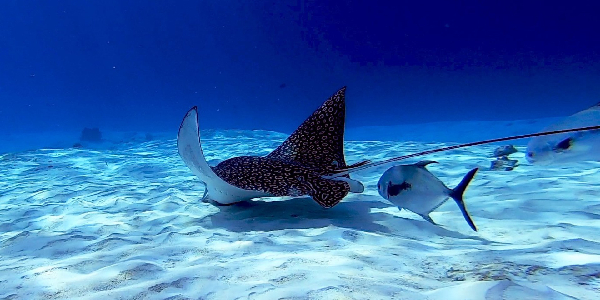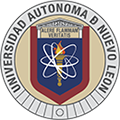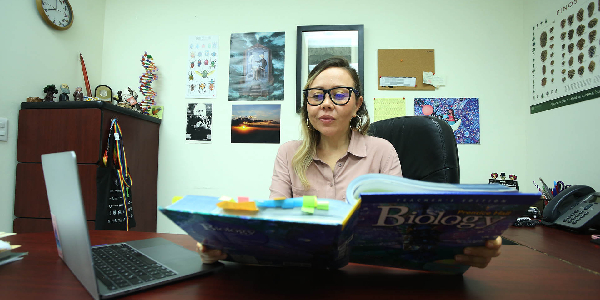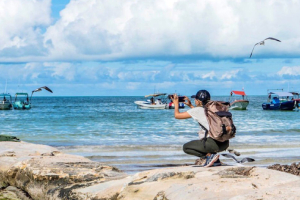Share:
Marine biologist researches the exploitation of coastal habitats
In collaboration with Mar Sustentable Ciencia y Conservación, the UANL School of Biological Sciences, and Nadia Rubio, Ph.D. in marine biology, studies coastal exploitation.
According to the World Wildlife Fund (WWF), world populations of sharks and rays have declined by 71 percent since 1970, with 36 percent of the 1,200 shark and ray species now threatened with extinction.
Based on the above figures, it is estimated that 100 million sharks and rays are killed annually due to overfishing and bycatch worldwide.

Against this backdrop, Nadia Rubio, a graduate of the Universidad Autonoma de Nuevo Leon, through her association, conducts scientific research in Mexico on the conservation of coastal habitats and their biodiversity.
“Three years ago, I founded Mar Sustentable Ciencia y Conservación, a non-profit association whose purpose is to carry out scientific projects with international institutions, some of them in collaboration with the UANL School of Biological Sciences,” she says.
-
Budget and community participation
Marine ecology specialist Nadia Rubio specifies that in the Mexican Caribbean islands where she has conducted research, giant sharks, such as tiger, hammerhead, and bull sharks, have been overexploited in recent years, causing a decrease in these specimens in coastal habitats.
“Mexico is among the countries with the greatest abundance of sharks after Australia. The country has 214 species and in the Caribbean there are 85 specimens of sharks and rays,” she explains.
People are undoubtedly participating in this change toward conservation. I see it in the volunteers, people who are not scientists, who help in the community science side, participating in projects or talks to learn about the topic. Also, parents are bringing their children to our workshops focused on shark conservation”.
Nadia Rubio
Posted by: Portal Web






